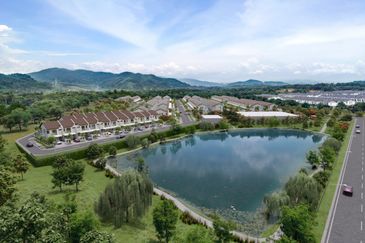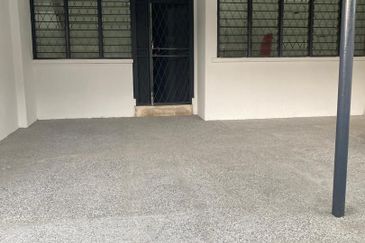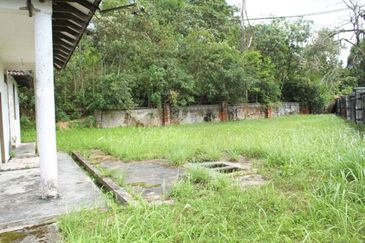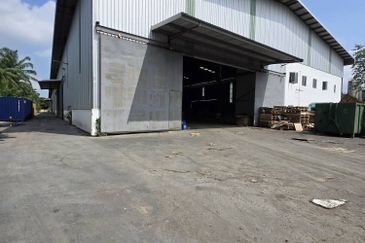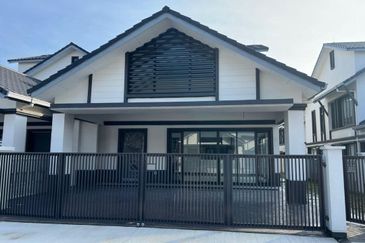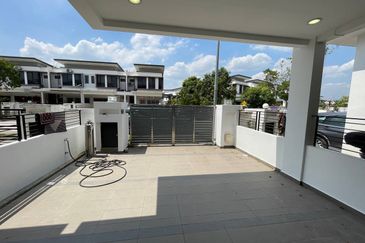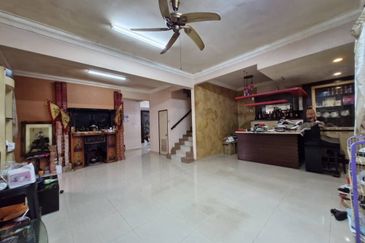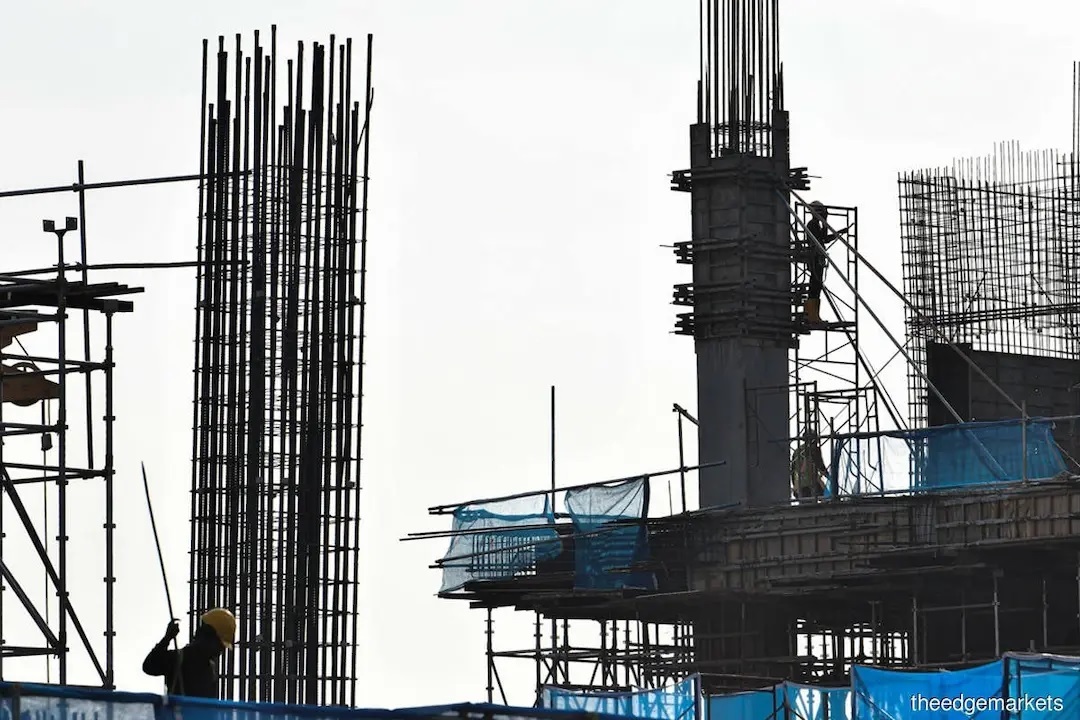
- Clearly, it is at the state and local authorities that improvements will go a long way towards containing home prices. It is not always about subsidies and grants. Let us not miss the wood for the trees.
It’s that time of the year again. Like clockwork, industry players are parading their respective wish lists in the run-up to the tabling of Budget 2024 later this week.
Over the years, this practice has been somewhat watered down and has taken on the look of an annual ritual. Look, whatever is being bandied about for the government’s consideration is nothing new to the administration and to the man in the street. Well, I suppose organisations and non-governmental groups do need to be seen to be doing what is expected of them.
Let’s cut to the chase. What Malaysians want far outweighs what is achievable, especially given the growing pressure on Putrajaya’s coffers and global headwinds. Hence, as in the previous years, one can expect the majority of the wish lists to remain just that.
Take the property sector, whose all-time wish is for house-buying to be made more affordable through the provision of tax incentives, grants and lower interest rates. Developers too want a reduction in the cost of doing business and price of construction materials, apart from doing away with cross-subsidised affordable housing. Sounds familiar?
The business of property development is both unique and complex. While the federal government may set aspirations and direction for the industry, it is the state governments and local authorities — which number more than 150 — that really call the shots.
The Constitution of Malaysia provides that matters relating to local government rest within the scope of the respective state governments, not the federal government. The Ministry of Local Government Development, is tasked with overseeing the local authorities in areas such as the channelling of funds from the federal government, among other responsibilities.
It is no secret that property development activities are the prime contributor to the purses of most states. In fact, a recent report has estimated the contribution level to be as high as 95% for some states.
Their income is primarily derived from various forms of property taxes such as land conversion premiums. This being the case, it is little wonder that state governments are guardedly possessive about the building and construction industry in their realm.
Mind-boggling process
Property development approval processes at the state and local council levels are mind-boggling. A single project can only take off after a tenacious effort is made to secure two dozen or more approvals from a variety of departments. Naturally, the effort gets more trying if one were to develop a township.
Each state or federal territory has its own guidelines on areas such as the size and pricing of affordable housing units, bumiputera quota, discounts and the release mechanism (this refers to the authorities’ approval for unsold bumiputera units to be put on the general market).
What all this means is that while the provision of tax incentives and grants at the federal level will be a boon for the property industry, it is also akin to treating the symptoms rather than the disease. No amount of tax incentives would ever be enough. Nor are they sustainable. Hence, expect the pain points to worsen.
Knee-jerk responses and the so-called quick fixes aimed at pleasing targeted audiences are not only ineffective but also prolong the pain.
What the building and construction sector needs is clarity, transparency and accountability at the state and local authorities’ level. It is only when these aspects are in place can home prices dip and become affordable.
Property development entails the input of and interaction with umpteen parties both inside and outside the government departments. This inevitably creates opportunities for corruption, especially when developers are always in a hurry for approvals as time is money to them.
Development activities entail a long gestation period with heavy financing and holding costs. Any delay along the way is bad news. Ultimately, unfortunately, the developer’s woes will be passed on to buyers in the form of higher property prices.
Red tape jacks up home prices
A developer can only hand over to a buyer the vacant possession (VP) of a property that has received the Certificate of Completion and Compliance (CCC), a certification by industry professionals.
It was in April 2007 that Malaysia took a quantum leap, replacing the local authority-issued Certificate of Fitness for Occupation (CF) with the CCC. The shift was in response to complaints that the decades-old CF issuance was mired in red tape, causing unnecessary delays and creating room for corruption. For instance, the process of approval required the authorities to visit the site, yet they had limited technical resources.
In contrast, the CCC is a self-regulated and self-certified process. Every construction phase — from earthworks to landscaping — has to be signed off by professionals. Immediate remedial action can be taken on areas that have failed to meet the requirements set out in the building works. As a safeguard, any party found to produce false declarations, certificates, applications or representations of any form of the CCC process is punishable by law.
Fast forward to the present, grumbling on the ground is that red tape has started to emerge in local councils … I cannot vouch for this but, if true, the government must step in immediately. Bureaucracy will inevitably push up home prices.
Another complaint making its rounds is how some local authorities are introducing new building approval guidelines that are unnecessary and costly. There is no smoke without fire. Procedures and processes that are clearly spelt out and standardised give little room for corrupt practices.
Clearly, it is at the state and local authorities that improvements will go a long way towards containing home prices. It is not always about subsidies and grants. Let us not miss the wood for the trees. That’s the Real Deal!
This article first appeared in Forum, The Edge Malaysia Weekly on October 9, 2023 - October 15, 2023
Au Foong Yee ([email protected]) is an editor emeritus at The Edge
Looking to buy a home? Sign up for EdgeProp START and get exclusive rewards and vouchers for ANY home purchase in Malaysia (primary or subsale)!
TOP PICKS BY EDGEPROP
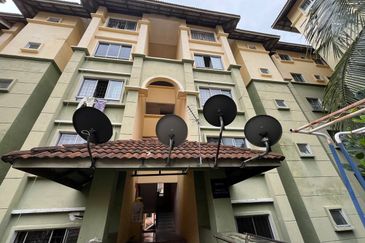
APARTMENT DEWI FASA 2 @ BANDAR PUNCAK ALAM, Ground floor
Bandar Puncak Alam, Selangor
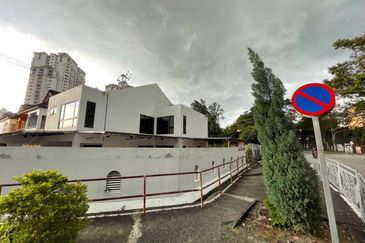
Taman Sri Subang PJS 10
Bandar Sunway, Selangor
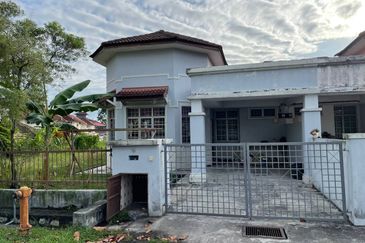
Lorong Lautan Samudera 9/2A
Bandar Puncak Alam, Selangor
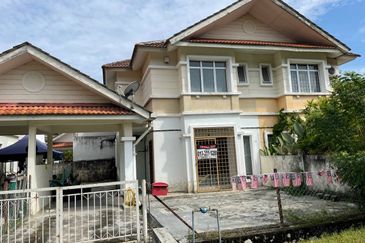
Lorong Az- Zaharah 10/9
Bandar Puncak Alam, Selangor

Avelon Tower @ Plaza Medan Putra
Bandar Menjalara, Kuala Lumpur




